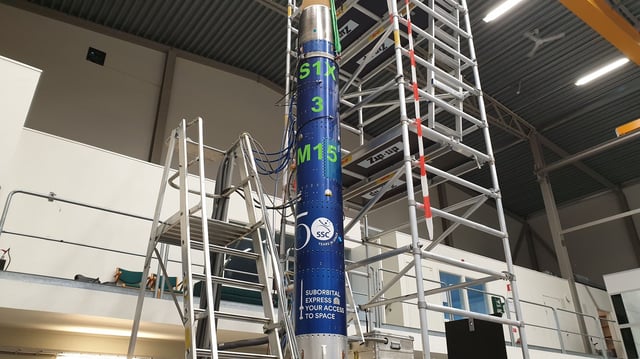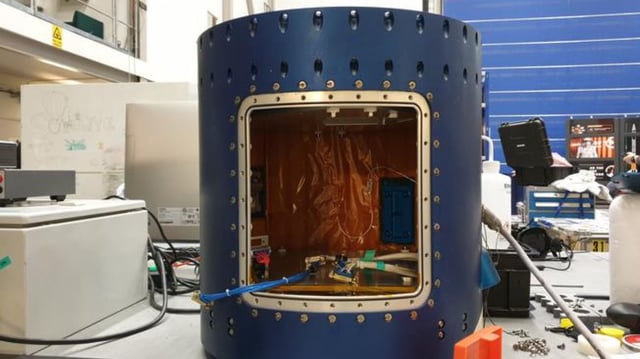Overview
- An RMIT-led team reported in npj Microgravity that Bacillus subtilis spores showed no loss of growth or structural integrity after a suborbital flight.
- The sounding rocket reached roughly 60 kilometers, with peak ascent forces near 13 g, more than six minutes of microgravity, and re-entry up to 30 g while spinning about 220 times per second.
- Post-flight analysis at RMIT microscopy facilities found the spores remained intact, providing a first data point from real flight conditions outside a laboratory.
- The work involved partners ResearchSat and Numedico Technologies, with the launch hosted by the Swedish Space Corporation after samples were transported from Melbourne to Sweden.
- The authors note the test used hardy spores on a short suborbital profile, leaving questions about vegetative cells, prolonged microgravity, and deep-space radiation for future studies the team is now seeking to fund.

